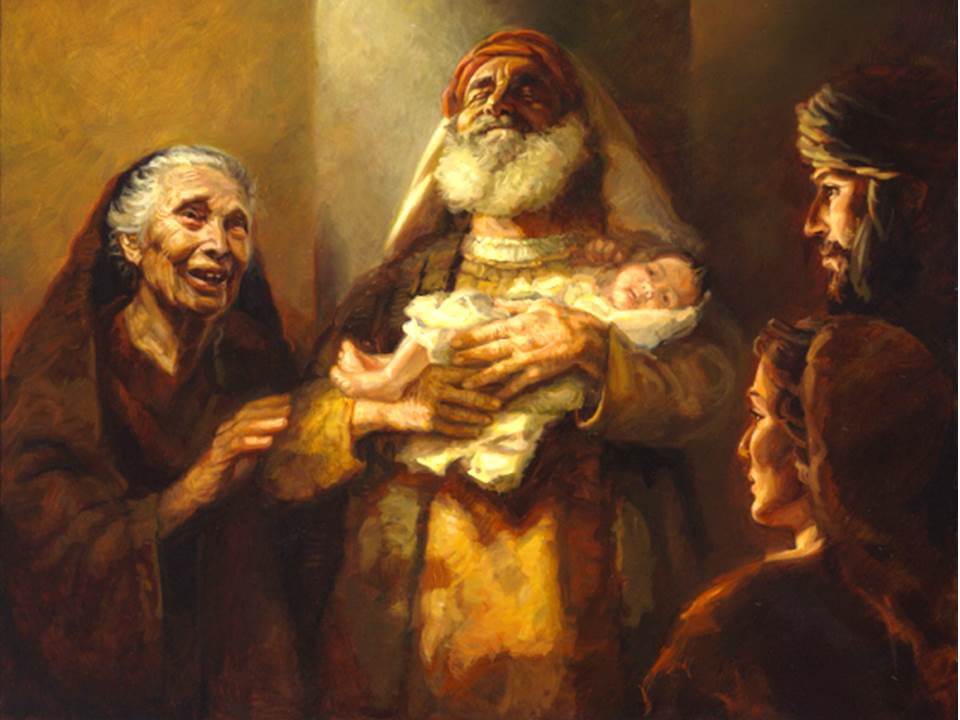The First Sunday after Christmas
Luke 2:21-40
Christmas is about presence and absence. In fact all of faith is about that theological paradox. God is present mysteriously in a baby to a people that have long waited for God to come in power to free the people. Yet when God does show up the people are absent. God comes, not as expected, but uninvited, unrecognized – God comes nonetheless.
German theologian Dietrich Bonheoffer wrote: “We have become so accustomed to the idea of divine love and of God’s coming at Christmas that we no longer feel the shiver of fear that God’s coming should arouse in us. We are indifferent to the message, taking only the pleasant and agreeable out of it and forgetting the serious aspect, that the God of the world draws near to the people of our little earth and lays claim to us. “The Coming of Jesus in Our Midst” in God Is In the Manger.
Today’s passage address the mystery of Christmas and the coming of God in the infant child. Throughout the birth narratives only the unexpected, the marginalized and the foreigners are the ones that recognize Jesus for who he is. The shepherds. The magi. The animals. Simeon and Anna.
Simeon talks about the presence of God’s salvation for all, yet which seems to be absent to many. He talks mysteriously of joy and pain, of blessing and heart-brokenness, of the rise and fall of others. His words of praise and favor, are also a sort of warning or “curse” for Mary. How would that sound to a new mother? Anna prophesies in a similar vein. Redemption is not just a value added experience. Knowing God’s favor entails transformation and journey, change and new things. It’s not simply added to our life, rather the presence of God transforms and transfigures. It seems to be a maturation or metamorphosis which is both peaceful and one that creates opposition. How have you experienced that paradox in faith? How do you experience God as both absent and present?
Questions for Going Deeper:
- What do you think is the message of this gospel selection?
- How have you experienced it as truth in your life?
- What invitation do you hear from God in this text to act, say, be or do?
